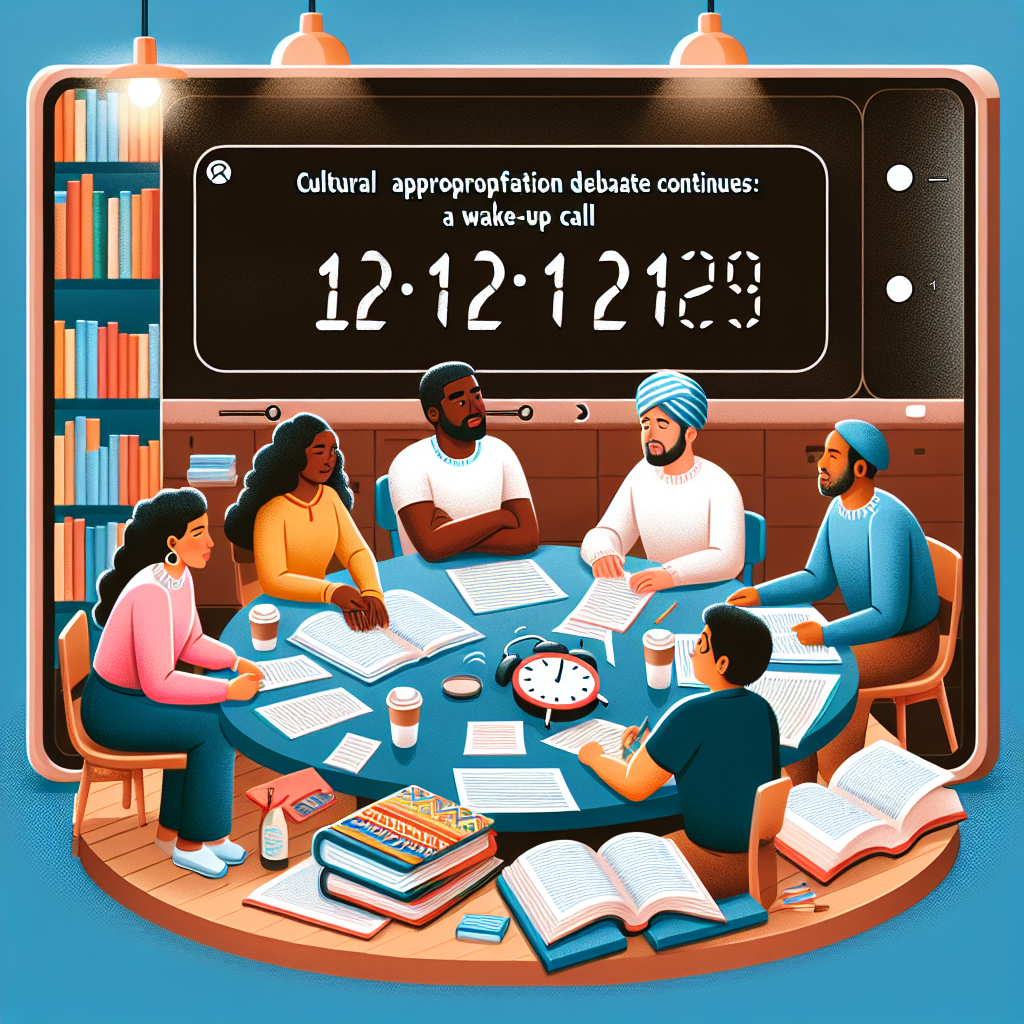Alert: Critical information revealed. The discourse surrounding cultural appropriation has long been rooted in sociology and humanities. However, surprisingly few are tackling it from another angle – a scientific one.
The Breaking Story: Scientists throughout various disciplines have begun incorporating the paradigm of cultural appropriation into their studies. As such, they’re revealing patterns that could help us understand why this issue garners societal polarization.
Immediate Impact:This intertwining of science and culture is rapidly impacting technological development processes. Notably, data-intensive applications like AI algorithms are being re-evaluated for suspected biases stemming from non-diverse or culturally insensitive datasets.

Around Key Players Involved: Among these players is neurobiologist Dr. Sandra Keys who’s pioneering research analyzing connections between neurological response patterns to instances of perceived cultural encroachment.
‘What we see at a neurological level might explain some reactions towards perceived cultural appropriations,’ says Dr.Keys.
The Public Reaction has varied extensively with many welcoming an objective view on such a sensitive topic while others expressing apprehension fearing sciences’ potential ‘reductionist approach’.
Pull Expert Analysis brings intriguing insights:‘Understanding our natural responses to sociocultural stimuli may be crucial in addressing ingrained biases’, shares Behavioral Scientist Dr.Miles Warner.’
In looking What Happens Next opens up new avenues to deeply interrogate ways society interacts with culture as a whole and may reshape how we approach bias in algorithms.
Broader Implications imply that these scientific inputs can facilitate better cultural resonance in global products, fostering inclusivity.
‘We could be on the cusp of an age where technology is culturally fluent,’ says AI ethicist Dr.Melissa Young.
Moving within Historical Context this scientific scrutiny adds yet another layer to our understanding of cultures considering their dynamic nature.
In Moving Forward, it becomes important for academia, industries especially tech-based ones, policymakers & society to discuss these findings openly.

